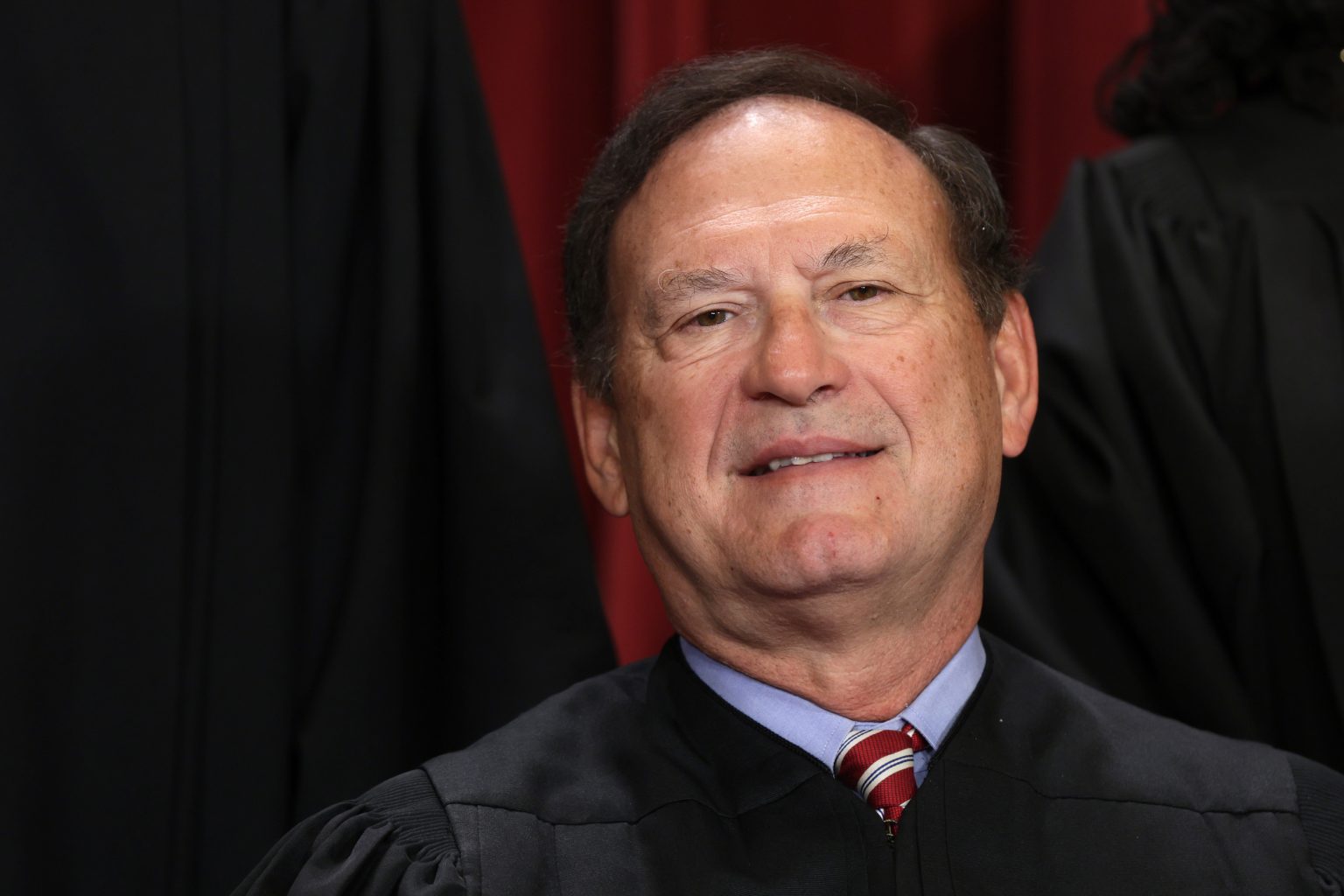Retired federal Judge John E. Jones III criticized Supreme Court Justice Samuel Alito for allowing an American flag to be displayed upside down outside his home, a symbol used by Trump supporters to contest the 2020 election results. Despite lacking evidence, Trump and his allies have falsely claimed widespread election fraud, leading to the storming of the U.S. Capitol. Jones expressed concern for the integrity and credibility of the Supreme Court, warning that if the public loses faith in the judiciary, the impact of justices’ decisions will be diminished.
The Supreme Court, comprising nine justices, has faced increased scrutiny over potential partiality towards former President Trump. Calls for Justice Clarence Thomas to recuse himself from Trump’s immunity case have been made since his wife, Ginni, reportedly attended the rally before the January 6 riot. Alito’s recent controversy raises doubts about his impartiality in ruling on the case. Despite calls for recusal, Jones indicated that the Chief Justice lacks the authority to order a justice to recuse, as each justice must make that judgment independently. Alito’s actions seemingly suggest he does not perceive any conflict of interest.
In a statement to The New York Times, Alito shifted the responsibility for the upside-down flag incident to his wife, stating he had no involvement in it. Jones questioned the credibility of Alito’s response, suggesting that even if it was his wife’s doing, he should have taken action to rectify the situation. Legal experts, including attorney Elie Mystal and constitutional law professor Anthony Kreis, criticized Alito for shifting blame to his wife, highlighting the lack of personal responsibility in such actions. Jones emphasized the severity of the situation, stating that it goes beyond acceptable behavior for a Supreme Court Justice.
The controversy surrounding Alito’s involvement in the upside-down flag incident has raised concerns about the Supreme Court’s reputation and impartiality. The Court’s code of conduct mandates high standards of conduct to preserve the judiciary’s integrity and independence. Alito’s actions have generated criticism from legal experts, former colleagues, and the public, leading to questions about the Court’s ability to maintain public trust. The lack of accountability and transparency in handling such issues within the Supreme Court system has further exacerbated the situation.
Jones expressed disappointment in his former colleague’s actions, highlighting the negative impact on the federal judiciary’s reputation and credibility. The erosion of public trust in the judiciary, particularly in light of recent controversies, poses a significant challenge to the Court’s effectiveness in upholding the rule of law. With ongoing scrutiny and criticism surrounding Alito’s behavior, the Supreme Court must address concerns about impartiality and adherence to ethical standards to restore public confidence in the judicial system. The current controversy is a wake-up call for the Court to prioritize accountability and transparency in maintaining the public’s trust.


